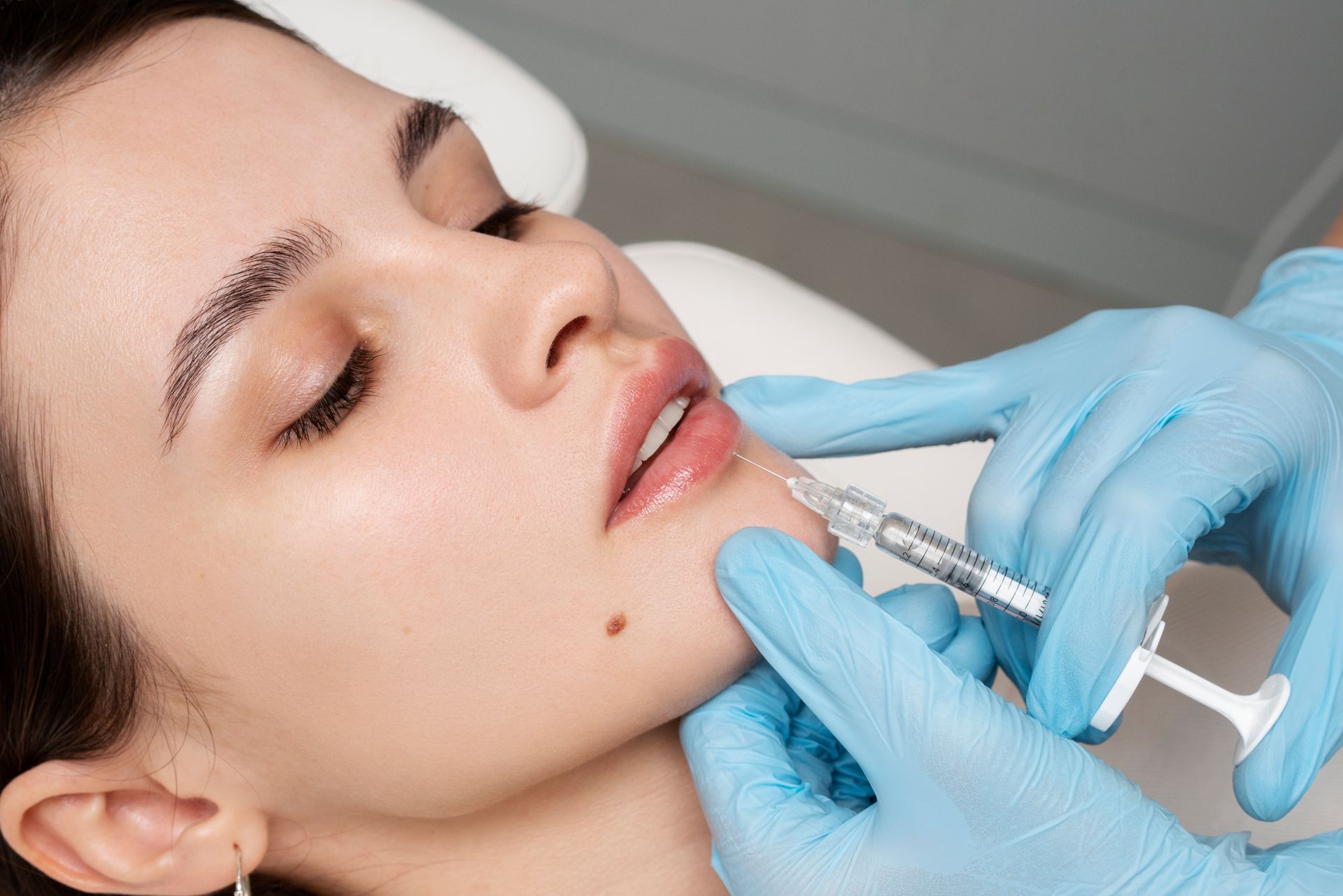Unveiling the Secrets: Vitamin C's Impact on Cancer Therapy

Vitamin C, also known as ascorbic acid, is a well-known antioxidant that plays a crucial role in maintaining overall health. While its immune-boosting properties are widely recognized, emerging research suggests that high-dose vitamin C may have significant benefits in cancer treatment. In this post, we will explore the potential benefits of vitamin C in cancer therapy, highlighting its antioxidant and pro-oxidant effects, immune system modulation, and its impact on cancer cells. Antioxidant and Pro-Oxidant Effects Vitamin C acts as a potent antioxidant, protecting cells from damage caused by free radicals and oxidative stress. It helps neutralize reactive oxygen species, which can contribute to the development and progression of cancer. Moreover, high-dose vitamin C can exert pro-oxidant effects in cancer cells, leading to the generation of reactive oxygen species that selectively target cancer cells while sparing normal cells. Immune System Modulation Vitamin C plays a critical role in supporting the immune system, enhancing the body's ability to fight against cancer cells. It can enhance the function of immune cells, including natural killer (NK) cells and T cells, which play a crucial role in recognizing and destroying cancer cells. Additionally, vitamin C helps regulate immune cell signaling and cytokine production, contributing to an anti-cancer immune response. Cancer Cell Inhibition Studies have shown that high-dose vitamin C can inhibit the growth of cancer cells through various mechanisms. It can interfere with the energy production in cancer cells, induce DNA damage, and inhibit the formation of new blood vessels that supply nutrients to tumors (angiogenesis). Moreover, vitamin C can sensitize cancer cells to chemotherapy and radiation therapy, enhancing their effectiveness. Reduced Side Effects of Conventional Treatments Combining high-dose vitamin C with conventional cancer treatments, such as chemotherapy and radiation therapy, has shown promise in reducing the side effects associated with these treatments. Vitamin C's antioxidant properties can help protect healthy cells from the toxic effects of therapy while potentially increasing the effectiveness of cancer treatment. Enhanced Quality of Life, Vitamin C supplementation in cancer patients has been associated with improved overall well-being and quality of life. It may help alleviate common cancer-related symptoms, including fatigue, pain, and nausea. Additionally, vitamin C's immune-boosting properties may contribute to a stronger immune system, better wound healing, and a reduced risk of infections during cancer treatment. While vitamin C is not a standalone treatment for cancer, emerging evidence suggests that it can play a significant role as an adjunct therapy in cancer treatment. Its antioxidant and pro-oxidant effects, immune system modulation, and cancer cell inhibition properties make it a promising addition to conventional cancer treatments. However, it is essential to consult with a healthcare professional before incorporating high-dose vitamin C into a cancer treatment plan, as individual considerations and potential drug interactions need to be taken into account.
References:
- Padayatty, S. J., et al. (2010). Vitamin C as an antioxidant: Evaluation of its role in disease prevention. Journal of the American College of Nutrition, 22(1), 18-35.
- Ma, Y., et al. (2018). High-dose parenteral ascorbate enhanced chemosensitivity of ovarian cancer and reduced toxicity of chemotherapy. Science Translational Medicine, 10(427), eaat3488.
- Carr, A. C., et al. (2018). Vitamin C in the treatment of cancer: An update. Cancers, 10, 1-26.
- Parrow, N. L., et al. (2018). Vitamin C: A multifunctional agent










